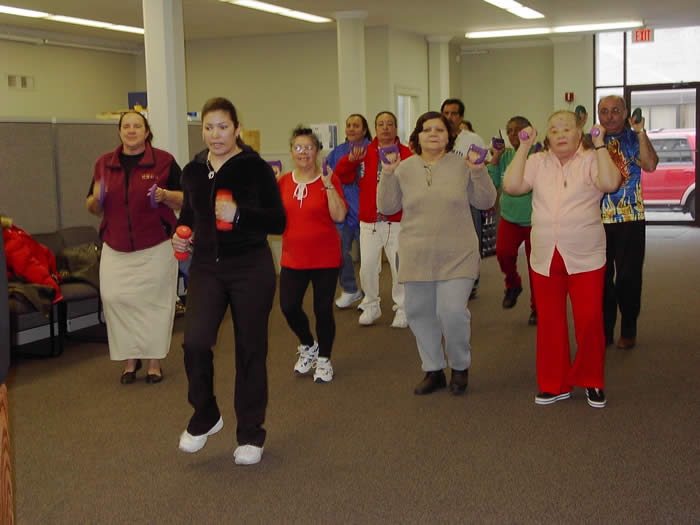Build a ProgramHealthy Coping
Skills for healthy coping are an important part of self management programs. Providing support or just listening to problems has its place, as does screening for depression and referral to psychotherapy and medical treatment. Diabetes Initiative projects have developed a variety of strategies for making these kinds of services available to those they serve. (Click here to download an overview presentation on Healthy Coping)
Relationship Among Emotions, Self Management, Diabetes and Health
 Healthy coping and managing negative emotions are central to diabetes self management, all of which influence health and quality of life. As shown in the diagram, they affect each other reciprocally. Healthy coping and managing negative emotions are central to diabetes self management, all of which influence health and quality of life. As shown in the diagram, they affect each other reciprocally.
Depression and other negative emotions can make diabetes worse, and problems with diabetes can worsen emotional health. Mediating both of these is self management. Problem-solving skills that are central to diabetes self management are also central to managing emotions. For example, if people set a goal to increase their physical activity – maybe something as simple as walking 5 days a week – and they meet that goal, the achievement helps their emotions, and the physical activity helps both their emotions and their diabetes!
The Range of Negative Emotions and Ways to Help
The range of negative emotions falls along a continuum from daily stressors and hassles to psychological problems like depression or anxiety disorders. For problems harder to treat, specialty care such as psychology or psychiatry may be needed. The support and problem-solving skills characteristic of self management programs can still be very helpful. Self management classes, support groups, nurses, patient educators, and community health workers provide emotional support and teach problem-solving, healthy coping, and social skills that can help all those coping with negative emotions. Family and friends also provide critical support.
Key Skills for Healthy Coping
-
Problem solving and goal setting – appraising problems and challenges, generating alternatives for dealing with them, testing those alternatives, and assessing results
-
Social skills, including how to express one’s feelings and choices effectively
-
Cognitive skills for avoiding “making mountains out of molehills”
-
Stress management skills like relaxation, meditation, or yoga
|

 Healthy coping and managing negative emotions are central to diabetes self management, all of which influence health and quality of life. As shown in the diagram, they affect each other reciprocally.
Healthy coping and managing negative emotions are central to diabetes self management, all of which influence health and quality of life. As shown in the diagram, they affect each other reciprocally.